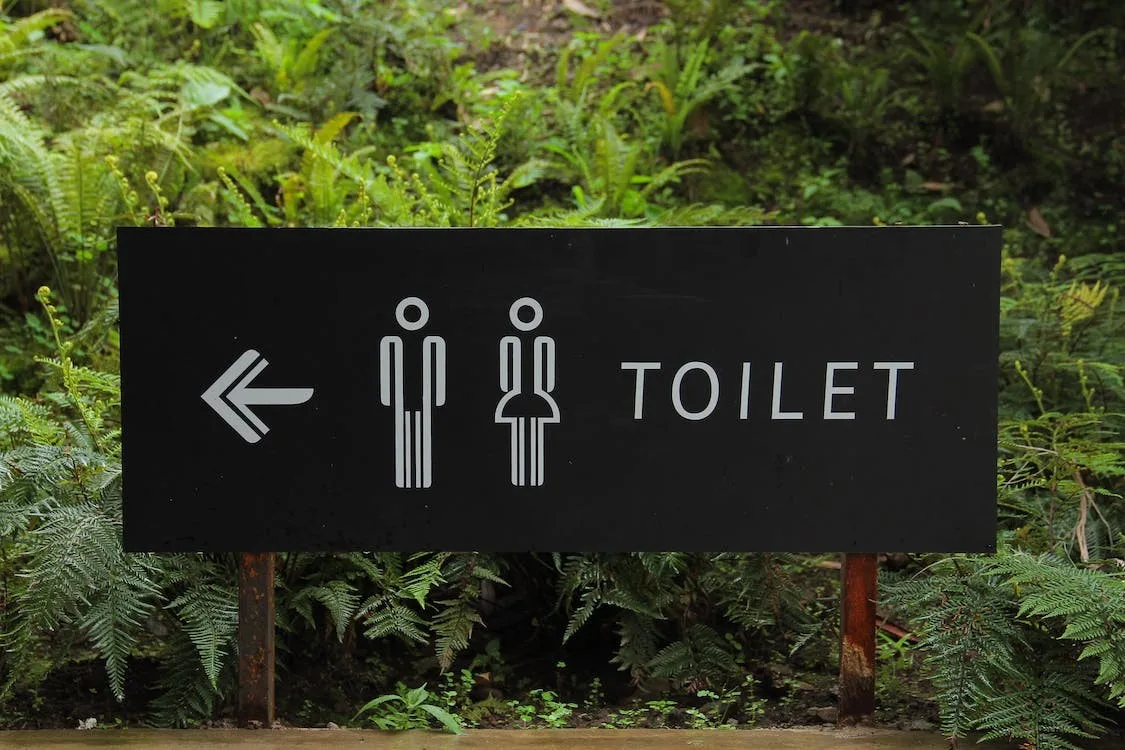Is It Illegal for a Teacher to Say No to the Bathroom?
Image source: Pexels.com
Have you ever been in a situation where you desperately needed to go to the bathroom, but your teacher refused to let you? If so, you might have wondered if that was legal or not. After all, going to the bathroom is a basic human need, and denying it can cause health problems and discomfort. In this blog post, I will explore the legality and ethics of this common classroom issue.
What Does the Law Say?
There is no federal law that requires teachers or schools to allow students to go to the bathroom. However, there are a few states that do have legal requirements regarding bathroom use. For example, in California, students have the right to use restroom facilities whenever they need to, and schools must provide sufficient restroom facilities that are clean, safe, and accessible. In Texas, students must be allowed to leave the classroom for personal needs, unless the teacher determines that doing so would be disruptive. In New York, students have the right to access bathrooms that are sanitary and functional.
However, even in states that don’t have specific laws on bathroom breaks, there are other legal principles that may apply. For instance, some courts have ruled that denying students access to the bathroom may violate their constitutional rights to privacy, dignity, and bodily integrity. Additionally, some students may have medical conditions that require frequent or urgent bathroom visits, such as diabetes, Crohn’s disease, or urinary tract infections. In these cases, denying them access to the bathroom may violate the Americans with Disabilities Act (ADA), which prohibits discrimination based on disability.
How to Know Your Rights
If you are unsure about your rights as a student when it comes to bathroom breaks, you can do some research online or ask your school counselor or principal. You can also check your school handbook or code of conduct for any policies or rules regarding bathroom use. If you feel that your rights are being violated or ignored by your teacher or school, you can try to talk to them respectfully and explain your situation. You can also seek help from your parents, a trusted adult, or a legal advocate.
What Does Ethics Say?
Aside from the legal aspects, there are also ethical considerations when it comes to bathroom breaks. Teachers may have valid reasons for limiting or regulating bathroom breaks, such as preventing students from skipping class, cheating on tests, vandalizing property, or engaging in bullying or drug use. However, these reasons should not outweigh the physical and psychological needs of students who genuinely need to use the bathroom.
Some of the negative consequences of denying students access to the bathroom include:
- Urinary tract infections (UTIs), which can cause pain, fever, and kidney damage
- Constipation, which can lead to hemorrhoids, anal fissures, and bowel obstruction
- Dehydration, which can cause headaches, fatigue, and impaired cognitive function
- Anxiety, stress, and embarrassment, which can affect self-esteem and academic performance
Therefore, teachers should adopt a reasonable and respectful policy on bathroom breaks that balances their classroom management goals with the well-being of their students. Some of the best practices for creating such a policy include:
How to Create a Fair and Flexible Policy
- Allowing students to use the bathroom whenever they need to, unless there is an emergency or a special circumstance
- Establishing clear rules and expectations for bathroom use, such as signing out and in, using a hall pass, and returning within a reasonable time
- Providing positive reinforcement for appropriate bathroom behavior, such as praising students who follow the rules and use the bathroom responsibly
- Addressing any issues or concerns with individual students privately and compassionately, rather than publicly shaming or punishing them
- Communicating with parents and school administrators about any medical or behavioral problems that may affect bathroom use
Conclusion
In conclusion, it is not illegal for a teacher to say no to the bathroom in most cases, but it may be unethical and harmful in some situations. Teachers should respect the rights and needs of their students when it comes to bathroom breaks, and create a fair and flexible policy that works for everyone. By doing so, they can foster a positive and healthy learning environment for their students.





0